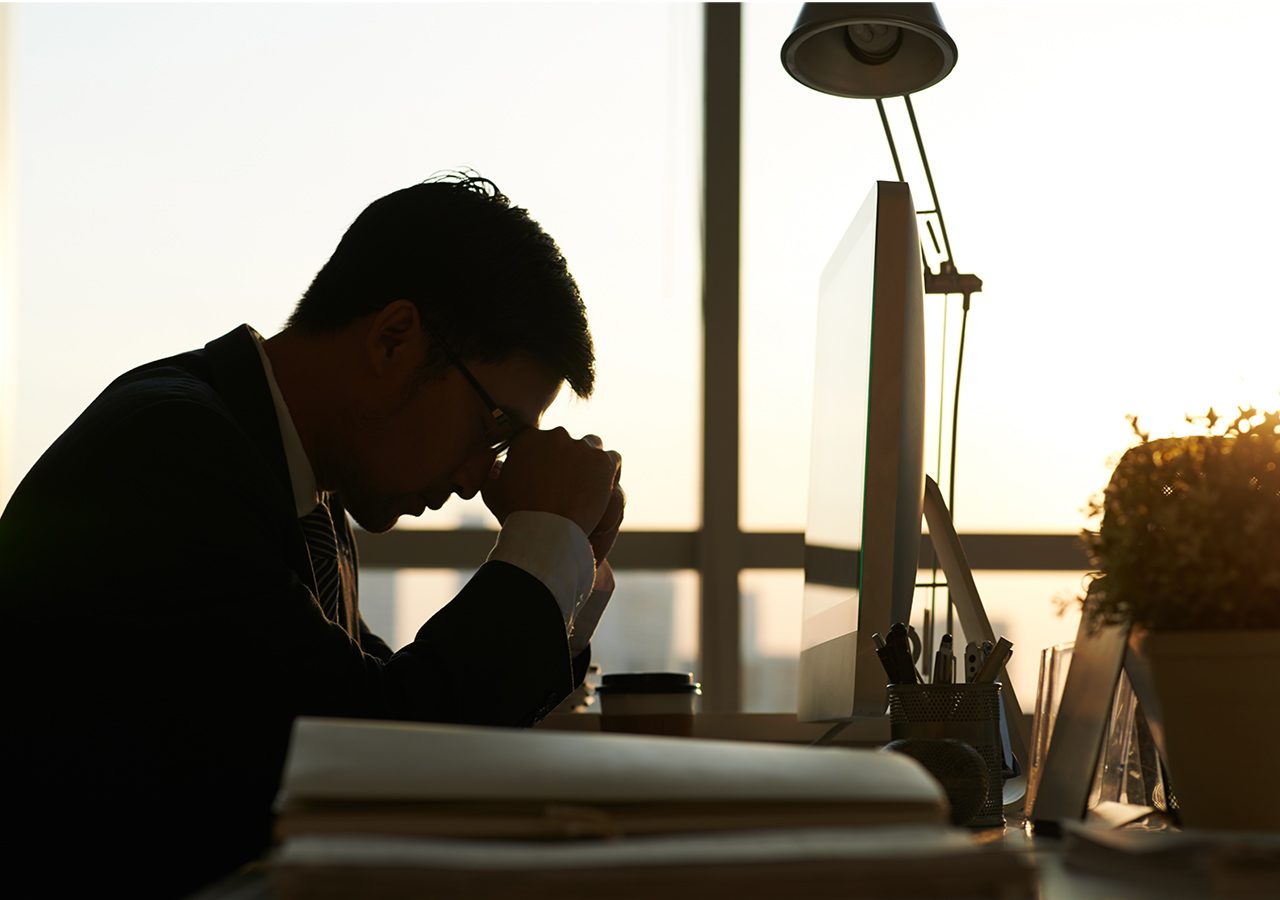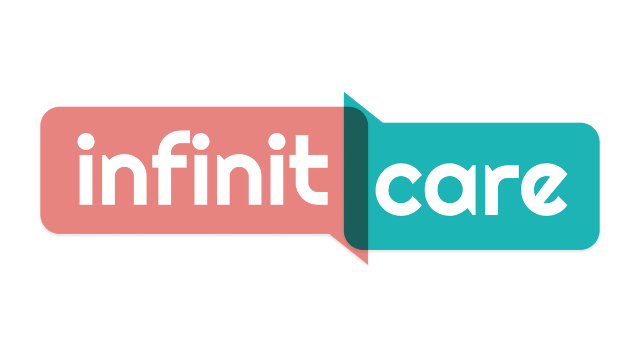SUMMARY
This is AI generated summarization, which may have errors. For context, always refer to the full article.

Editor’s note: This content is sponsored by Infinit Care and was produced by BrandRap, the sales and marketing arm of Rappler. No member of the news and editorial team participated in the production of this piece.
Back in 2020, DOLE mandated that workplaces should implement mental health programs for their employees. Now, according to a Willis Towers Watson survey, 54% of employers have Employee Assistance Programs (EAPs) that provide mental wellness resources like counselors for employees. But even with the growing implementation of employee mental well-being programs across the country, why is it that only 1% of workers use them?
The answer, according to workplace mental healthcare provider Infinit Care, is that there are still many systemic challenges which need to be addressed to increase engagement and make workplaces a safe space to have real conversations about mental health.
In the 2022 Philippine HR Expo, Infinit Care General Manager Anne Ordoña delivered a keynote speech on why the EAPs in the country leave much to be desired – as evidenced by their findings that on average, 54% of workers in the Philippines have reduced well-being and a whopping 10% of the workforce is in mental crisis.
In the third quarter of 2022, the Infinit Care team conducted the most extensive, cross-vertical employee wellness survey in the Philippines, guided by a 5-point assessment developed by the World Health organization – the WHO-5 Index. With 2,645 respondents, Infinit Care was able to uncover fresh insights on the status of the Filipino workforce’s general state of well-being.
True to their ethos that there is no one-size-fits-all approach to mental health, their findings show that this misconception is what makes traditional EAPs ineffective in providing mental health relief. In her talk, Ordoña zeroes in on how HR professionals and companies as a whole can more deeply understand their workforce to better design employee wellness programs.
Addressing age and gender concerns
Infinit Care’s assessment shows that there are significant dips based on the responses of queer and female workers, and also Gen Z employees. Females and members of the LGBTQ+ community scored below average on wellness compared to males.
“When you’re putting together a wellness program, are you doing a generic approach or are you looking at specific activities that address the needs of a particular gender?” asked Ordoña. For women, Ordoña uses the added labor of housework – an expectation borne of still-traditional roles – as an example of gender-related factors that can be addressed in wellness programs.
When it comes to age, Millenials and Gen Z workers are more distressed, with responses again dipping below average for 21 to 30-year-old respondents. Additionally, they have found that younger respondents are more likely to ask about mental health programs when considering an employer, which shows that there is a real demand for it within this employee demographic. “Our hypothesis is, in terms of coping skills and mechanisms to actually manage stressors, those need to be developed. Imagine entering the workforce and you have the pandemic welcoming you into it,” said Ordoña.
Considering industry-wide stressors
Infinit Care also found that among industries, those in the knowledge-based sectors – specifically tech, IT, finance, media and advertising, and at the bottom, utilities – are facing greater wellness issues. “Their sectors have been particularly challenged in the past few years,” said Ordoña. She invites HR practitioners to ask the question: “What is causing stress in your specific organization?”
Dispelling the “sleep is for the weak” culture
Finally, across the entire survey, the wellness statement that scored lowest across all industries and demographics is, “I woke up feeling fresh and rested.” Basic physical rest is the precursor to all forms of wellness, especially mental health. However, with a “sleep is for the weak” culture that continues to permeate the workforce, mental wellness can be stunted from the get-go.
Ordoña says that this can be addressed by assessing the company’s processes and seeing what can be improved from there. “Are we, for example, subjecting people to back-to-back-to-back meetings, tapos hahabulin nalang ‘yung work sa dulo, tapos mag o-overtime (then catch up on work after, then render overtime)? It’s a vicious cycle.”
There must also be work done on improving company culture regarding rest. “Are we giving them leaves? Are we encouraging them to take their leaves? Are we giving mental health breaks? Are we judging people who take breaks kaya (that’s why) there’s a culture of, ‘I will wear my four hours of sleep like a badge of honor?’” said Ordoña.
Overall, Infinit Care encourages companies to think about reaching out to their employees by addressing their specific needs. Ordoña recommends three action points: Offer support not just to those in crisis; go beyond counseling; and have leaders walk the talk in championing mental health.
Ordoña recommends three action points: Offer support not just to those in crisis; go beyond counseling; and have leaders walk the talk in championing mental health.
“Don’t provide help only when it is critical. Educate people when they are well, so that when they do indeed encounter a crisis, they are better equipped to go about it,” says Ordoña. For Infinit Care, the future of EAPs is to function as an enabler of a holistic culture of wellness by supporting intersectional needs such as nutrition, rest, and mindfulness. What companies can take away is that mental health is for everyone, and that means meeting everyone’s special needs the way that they can best adapt to them. To learn more about accessible, holistic workplace mental healthcare, visit Infinit Care’s website. – Rappler.com
Add a comment
How does this make you feel?



![[OPINION] LGBT, mental health, and why Pride March is there](https://www.rappler.com/tachyon/2024/06/lgbt-mental-health-june-11-2024.jpg?resize=257%2C257&crop_strategy=attention)
![[Free to disagree] Ending victimhood](https://www.rappler.com/tachyon/2024/05/TL-Ending-victimhood-May-20-2024.jpg?resize=257%2C257&crop_strategy=attention)

There are no comments yet. Add your comment to start the conversation.